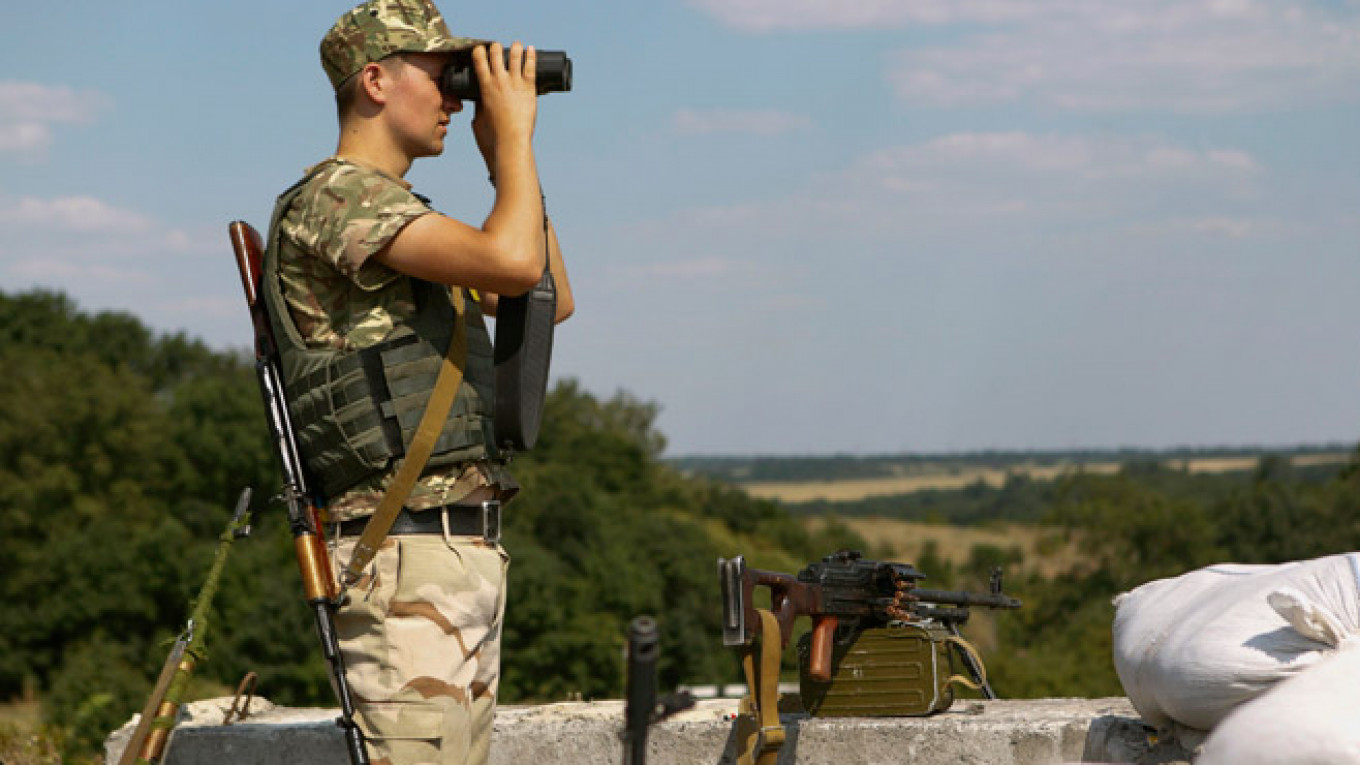The three months of increasingly intense fighting between pro-Kiev forces and eastern separatists have unleashed both sides' worst instincts and demonstrated their high tolerance for loss of civilian life. Kiev's army and sub-army units are guilty of employing heavy weapons to shell residential neighborhoods, while the separatists may be guilty of downing a commercial airliner.
But a clean end to the conflict is nowhere in sight, as the last three months appear to have only strengthened the resolve and capabilities of the eastern fighters. They are now resistant to any negotiations with Kiev, and some even talk of taking the fight to western Ukraine. These developments exclude any recovery of Ukrainian statehood, even in its dysfunctional post-Soviet form. The Ukrainian state, as it emerged after the Soviet dissolution, is finished.
This development has been mirrored by a wider disintegration of international order. Despite their recent round of sanctions, European states' prior disagreement on whether to join the U.S.-pushed sanctions against Russia has revealed a fundamental split. And as Ukraine's conflict grows deeper, the reputation of the U.S. as the ultimate arbiter of the international system has yet again suffered. As with Iraq, Ukraine is a case of a violent disintegration, and there is not much Washington can do about that.
Russia, of course, has made some gains. Politically the Ukraine conflict has been a success, allowing Russia to reduce the global influence of the U.S. The BRICS countries, in particular, have been sympathetic to the Kremlin's view on the Ukrainian crisis. Russia has also undermined the prospects of Ukraine, Georgia and Moldova to join NATO in a foreseeable future.
But the potential economic effects of the likely Ukrainian collapse will be devastating on Russia, even if Moscow manages to not get involved in a direct military confrontation with Kiev. The deeper Ukraine moves into a civil war, the more costly it will ultimately be for Russia to rebuild what is left of Ukraine's eastern regions. As Ukraine's largest neighbor and the international supporter of the eastern fighters, Russia won't be able to step aside.
In a more extreme scenario, eastern Ukraine might even become one large Transdnestr. In that case, Russia will discover the full burden of state-building abroad. The cost to rebuild this war-torn region will be incomparably greater than Moscow's recent expenses from subsidizing Ukraine's corrupt economy with cheap energy supplies, economic aid for Crimea, or even sanctions.
Ukraine's continued instability, in any case, is good for no one. Russia and other responsible powers should therefore continue their efforts to negotiate a cease-fire. If the international community summons the will to pressure Kiev, Moscow can be helpful in pressuring Donetsk and Luhansk to negotiate a cease-fire.
If, however, Western powers support Kiev and put all the blame on Russia, as they have been doing until this moment, the fighting in Ukraine will further intensify. Moscow will make sure that Kiev does not hold a military advantage over the eastern fighters and that the outcome of future negotiations does not favor Ukraine and its international supporters. In Putin's perception, preserving the balance of power is a guarantee against Kiev's military aggression.
Andrei Tsygankov is professor of international relations and political science at San Francisco State University. His forthcoming book is "The Strong State in Russia: Development and Crisis" (Oxford, 2014).
A Message from The Moscow Times:
Dear readers,
We are facing unprecedented challenges. Russia's Prosecutor General's Office has designated The Moscow Times as an "undesirable" organization, criminalizing our work and putting our staff at risk of prosecution. This follows our earlier unjust labeling as a "foreign agent."
These actions are direct attempts to silence independent journalism in Russia. The authorities claim our work "discredits the decisions of the Russian leadership." We see things differently: we strive to provide accurate, unbiased reporting on Russia.
We, the journalists of The Moscow Times, refuse to be silenced. But to continue our work, we need your help.
Your support, no matter how small, makes a world of difference. If you can, please support us monthly starting from just $2. It's quick to set up, and every contribution makes a significant impact.
By supporting The Moscow Times, you're defending open, independent journalism in the face of repression. Thank you for standing with us.
Remind me later.






